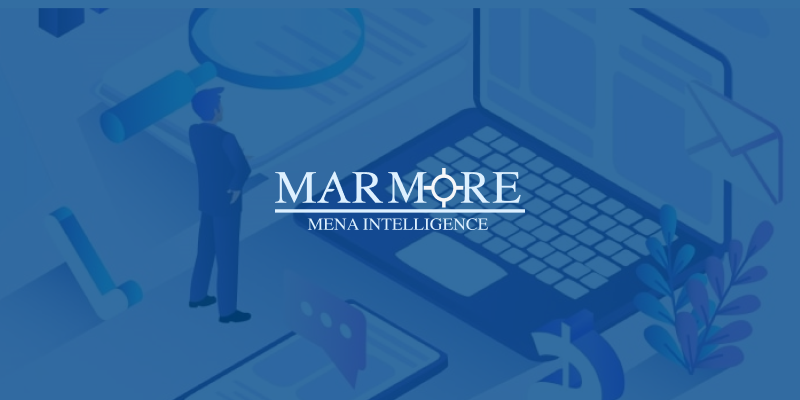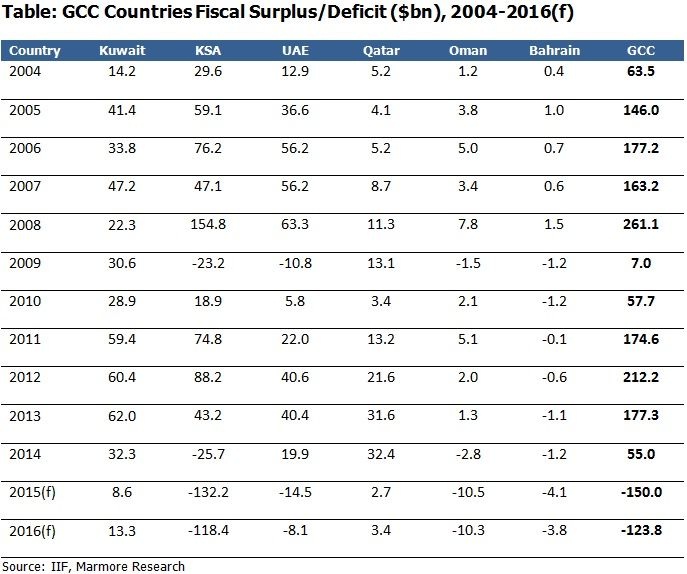
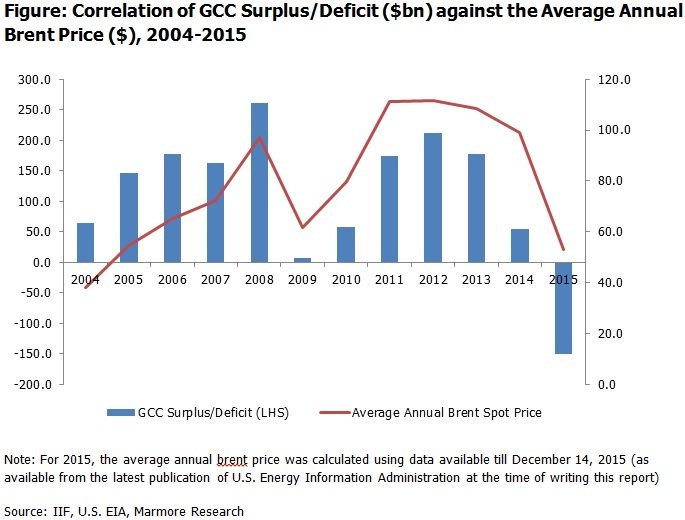
The 2014 Marmore research publication, called ‘Research in GCC: The Knowledge Gap’, found that in the GCC, often, inadequate availability of statistics from national authorities, lack of data from industrial associations and limited disclosures by public companies can limit the degree of research and by extension its effectiveness. Moreover, data or information often comes with significant time lags. Knowledge economy experts point out the importance of the triple helix model of innovation, i.e., government-industry-university relationships and synergies, in terms of nurturing sustainable economic development. University research, which is often considered the cradle of innovation, is found lacking in the GCC region as evidenced by the number of scientific papers published in 2014.
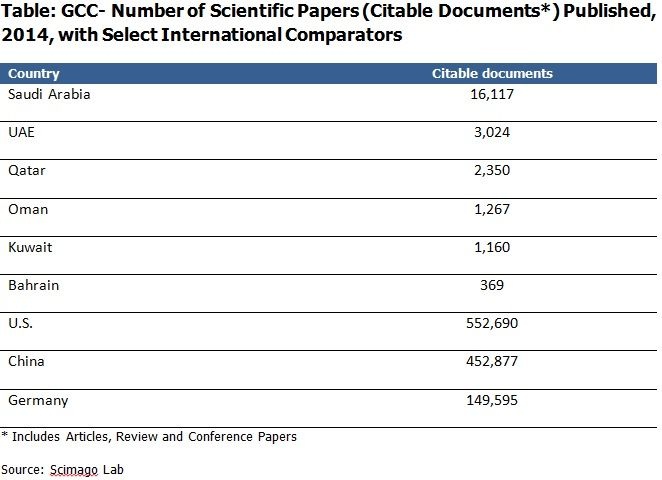
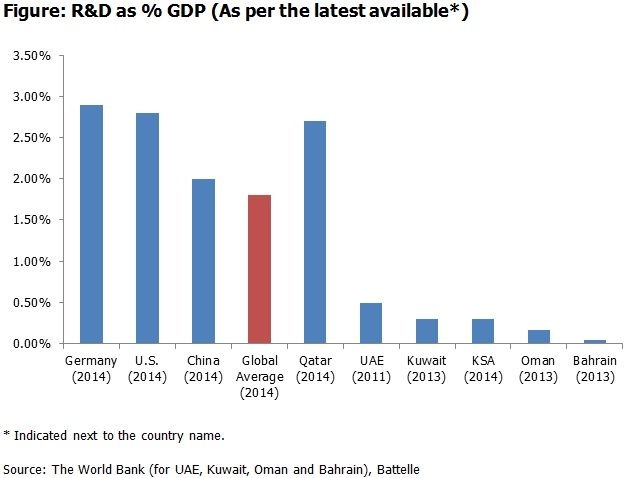
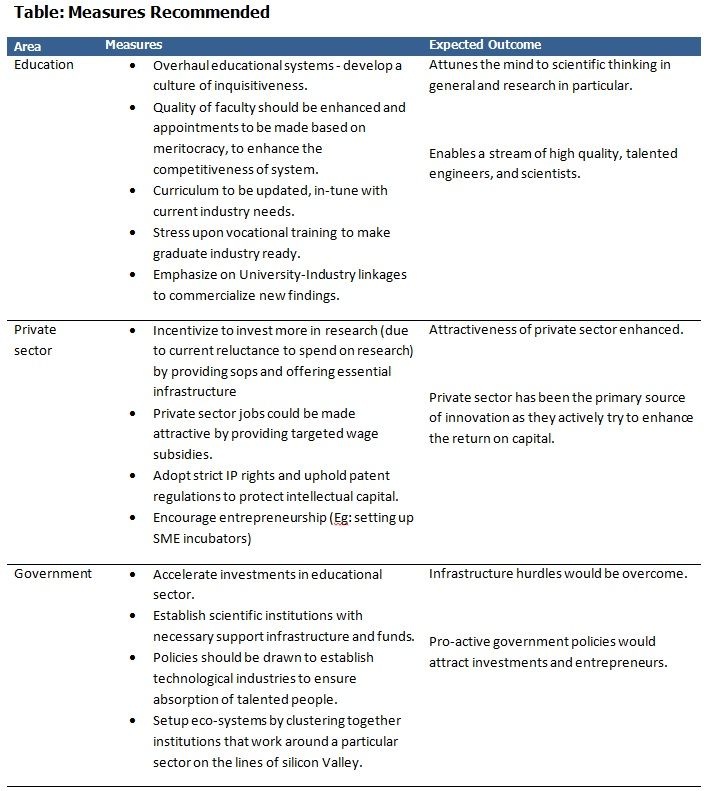
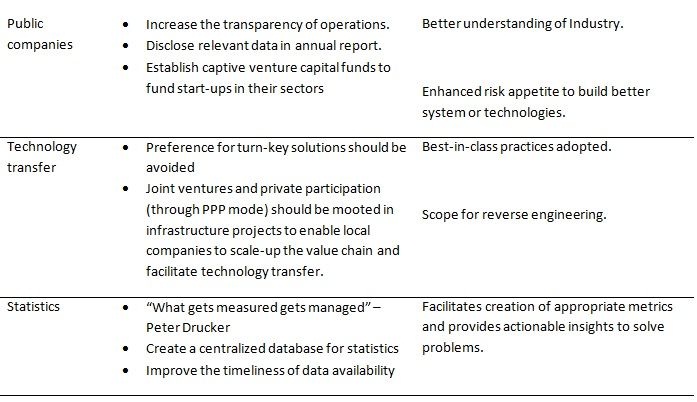
Stay Tuned To Marmore MENA Insights!
Never miss a patch or an update with Marmore's Newsletter. Subscribe now!
Related Article
The Dynamic Rise of Fintech in the GCC
The convergence of technology and finance is reshaping the GCC Financial Ecosystem. The blog explores key players, regulatory framework and market dynamics of Fintech in the GCC region.
Read MoreHow secure are GCC banks compared to their global counterparts?
The blog examines the impact of cyber attacks on financial institutions and the resiliency of GCC banks compared to their global counterparts
Read More2024 Kuwait Banking: Interest Rates and NIM Trend Analysis
The blog discusses how net interest margin of Kuwaits banks has moved across interest rate cycles, in light of awaited policy rate cuts.
Read More
